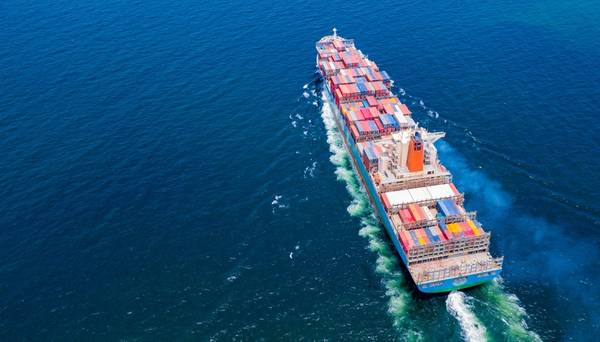
The U.N. shipping agency approved further measures on Thursday to boost the energy efficiency of commercial vessels although critics said the move fell short of what was needed to cut the industry's carbon footprint.
The International Maritime Organization (IMO) formally adopted the rules to reduce the carbon intensity of existing ships after member states reached agreement on the plans at a virtual meeting this week.
The measures add to already adopted energy efficiency regulations for new vessels and aim to reduce the carbon intensity of international shipping by 40% by 2030 compared with 2008 levels.
However some environmental campaigners said the new regulations - which take effect by January 2023 - were insufficient.
Faig Abbasov, with European green group Transport & Environment, said the additional rules were "nothing more than a cosmetic measure".
John Maggs, with the Clean Shipping Coalition, added that the 1.5% annual improvement required in carbon intensity was "nowhere near the 7% annual improvement needed" to keep warming within the Paris accord's climate goals.
The IMO has said it aims to reduce overall greenhouse gas emissions from ships by 50% from 2008 levels by 2050, but is under pressure to speed up action.
IMO Secretary General Kitack Lim said last week that "failure is not an option".
"If we fail in our quest, it is not unreasonable to conclude that we run the risk of having unilateral or multilateral initiatives," he said at the start of the virtual IMO talks, which kicked off on June 10.
In April U.S. Secretary of State John Kerry said Washington would join an international effort to achieve zero emissions in the global shipping industry by 2050.
The European Union has separately pushed for tougher action at the IMO.
Next month, Brussels will propose policies to curb shipping emissions, including a plan to add the sector to the EU carbon market, or emissions trading system (ETS) - requiring ships to buy permits when they pollute.
This has raised fears among some in the industry of additional regulation outside of the IMO.
Jytte Guteland, part of the European delegation at the IMO talks, said Brussels "gave the IMO all the opportunity and it was not taken".
"The outcome of this conference must be a signal to the European Commission that they need to create a very strong ETS," she told Reuters. "It is time for us to move forward."
(Additional reporting by Kate Abnett; Editing by Pravin Char)



